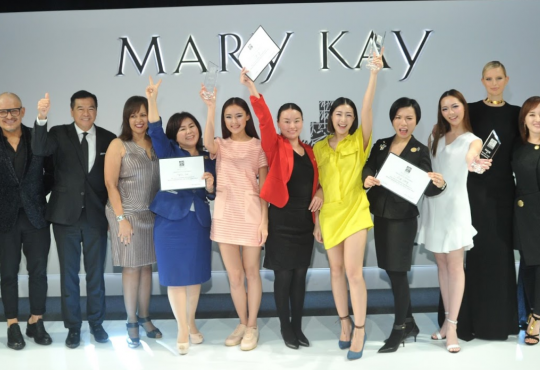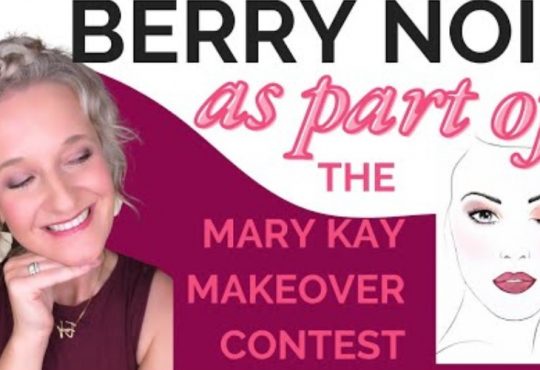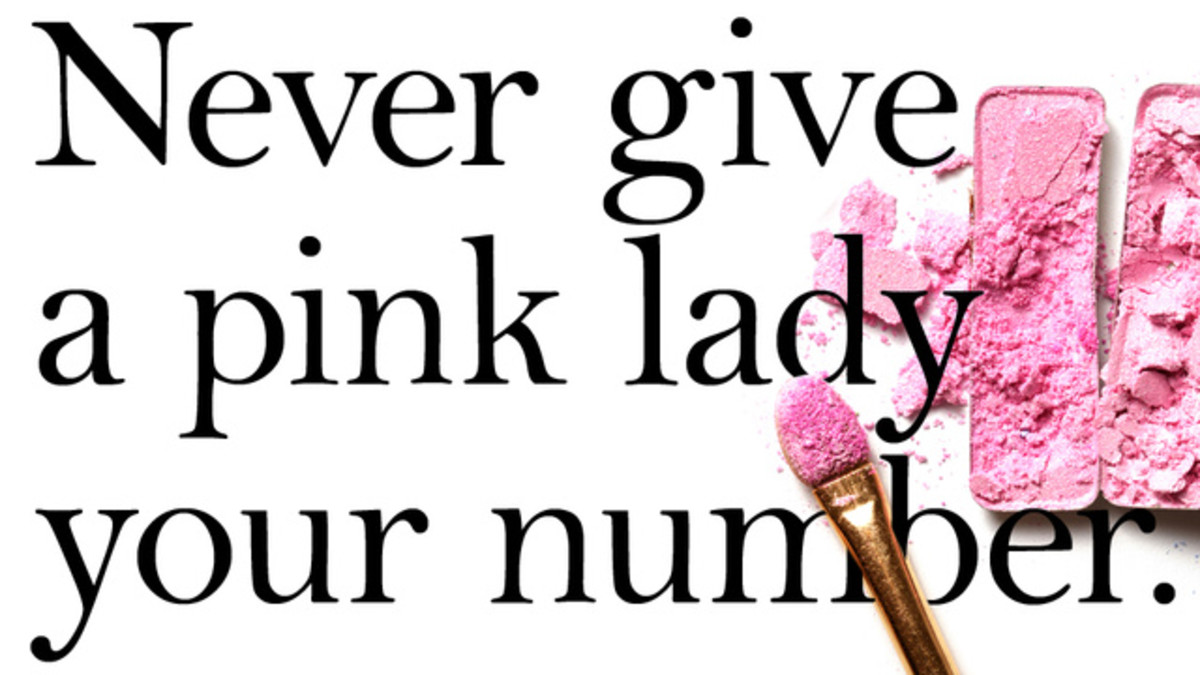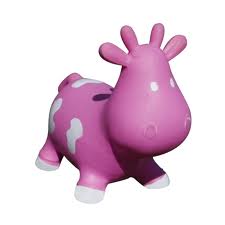Mary Kay’s Growth in China
Mary Kay is targeting China for significant growth.
Remember the stories about Mary Kay Cosmetics peddling their sub-par products in China? Well the push is on to make China the company’s biggest market within 10 years. I can only surmise that this is because women in the U.S. are wising up.
Read this article from the Fort Wayne Journal Gazette about how Mary Kay Inc. is creating frontloading victims all over the world:
Mary Kay finding glamour in China
By Julia Glick
DALLASHope of joining China’s growing middle class drove Xiang Jun Mei, a poor rice farmer’s daughter, to hawk Mary Kay products door-to-door and to everyone she met.
Wang Di started selling the American cosmetics to spice up her days of plodding, wifely chores and to earn the respect of her executive husband.
Both women see in themselves something of the late Mary Kay Ash, the bouffant, pink Cadillac-driving Texan who founded Mary Kay cosmetics in 1963. Increasingly, the company sees its future in these Chinese entrepreneurs.
China is the company’s fastest growing and second-largest market, and it is expected to surpass the United States in sales in the next 10 years. Growing ranks of Chinese women are donning the Mary Kay uniform of tailored suits, reading Ash’s books translated into Mandarin, holding skin-care classes and professing the blonde matriarch’s go-getter philosophy.
About 30 top Chinese saleswomen flew to Dallas this month for the company’s annual convention. The event brings tens of thousands of Mary Kay devotees to the city each year to receive business training and pink Cadillacs for exceptional sales.
Mary Kay Inc., like thousands of other American companies, is banking on China’s growing middle class and its insatiable hunger for foreign consumer goods, products unavailable under strict socialism but now lining shelves in most major cities.
“It used to be that the U.S. was the 800-pound gorilla that really determined the success and failure of Mary Kay. That is not true anymore, CEO David Holl said. “Other than the U.S., China is by far now our largest market.”
The $2.2 billion cosmetics giant, based in Dallas, sold $1.2 billion in cosmetics in the United States in 2005 and has a sales force of 715,000 here, said company spokesman Randall Oxford.
The company, which operates in 36 countries, arrived in China in 1995 and has since recruited 400,000 Chinese beauty consultants. It brought in $300 million in Chinese sales in 2005, Oxford said.
Xiang and Wang have both already reached the pinnacle of Mary Kay success as national sales directors, each earning more than $100,000 a year.
“If my whole family worked a lifetime, they would not make what I make now in one month,” Xiang, 33, said through a translator.
Kent Kedl, executive director of Technomic Asia, a marketing consultancy firm based in Shanghai, said the saleswomen’s success reflects growing prosperity in China’s big cities. Average per capita income has reached a level that economists say can fuel a consumer goods economy, he said.
“Everything is taking off in China consumer goods-wise,” Kedl said. “The company is tapping into both a growing consumer market and what I feel is a Chinese cultural predisposition to entrepreneurialism.”
Kedl said growing numbers of American companies are saying that China will eventually be their biggest market. Still, while China represents a huge opportunity (more than 1.3 billion people and hundreds of millions of middle class consumers) foreign companies must really learn the market to sell there, he said.
Mary Kay has had to adapt its products to Chinese culture, which values smooth white skin as the essence of beauty, said Paul Mak, president of Mary Kay China. So no sunless tanners or bronzers. Instead Mary Kay sells skin whiteners and is developing a line of botanical lotions that incorporate traditional Chinese herbs, Mak said.
The high-risk entrepreneurship of Mary Kay saleswomen, who buy their product wholesale from the company and resell it at a profit, mirrors the new “sink or swim” economy in China, said Thomas S. Mullaney, assistant professor of modern Chinese history at Stanford University.
He stressed that while many are achieving great wealth, others fall by the wayside with the disappearance of socialist safety nets.
Under the leadership of Deng Xiaoping, China changed focus from socialist revolution to strengthening its economy, a move which opened the floodgates to consumer goods and foreign companies, Mullaney said. Until the 1980s, Chinese women almost never wore makeup, which was strongly discouraged by the Communist Party.
:You have decades now of people being able to express new individual identity by way of products,: he said. “The explosion of something like Mary Kay and cosmetics makes perfect sense at this time.”





 Visit the
Visit the
If your business is so successful, send us the sales and expense numbers for the past year. Nobody knows who…
I don’t know who you are or why you are doing this. Our names or nom du plumes are all…
I can't with these Friday critics - and also why lie to a FORENSIC ACCOUNTANT? If your Mary Kay business…
Exactly what I thought. The SD wants to shut us up using her idea of authority, a man.
Wifey poo is fudging numbers an hubby doesn't know it.